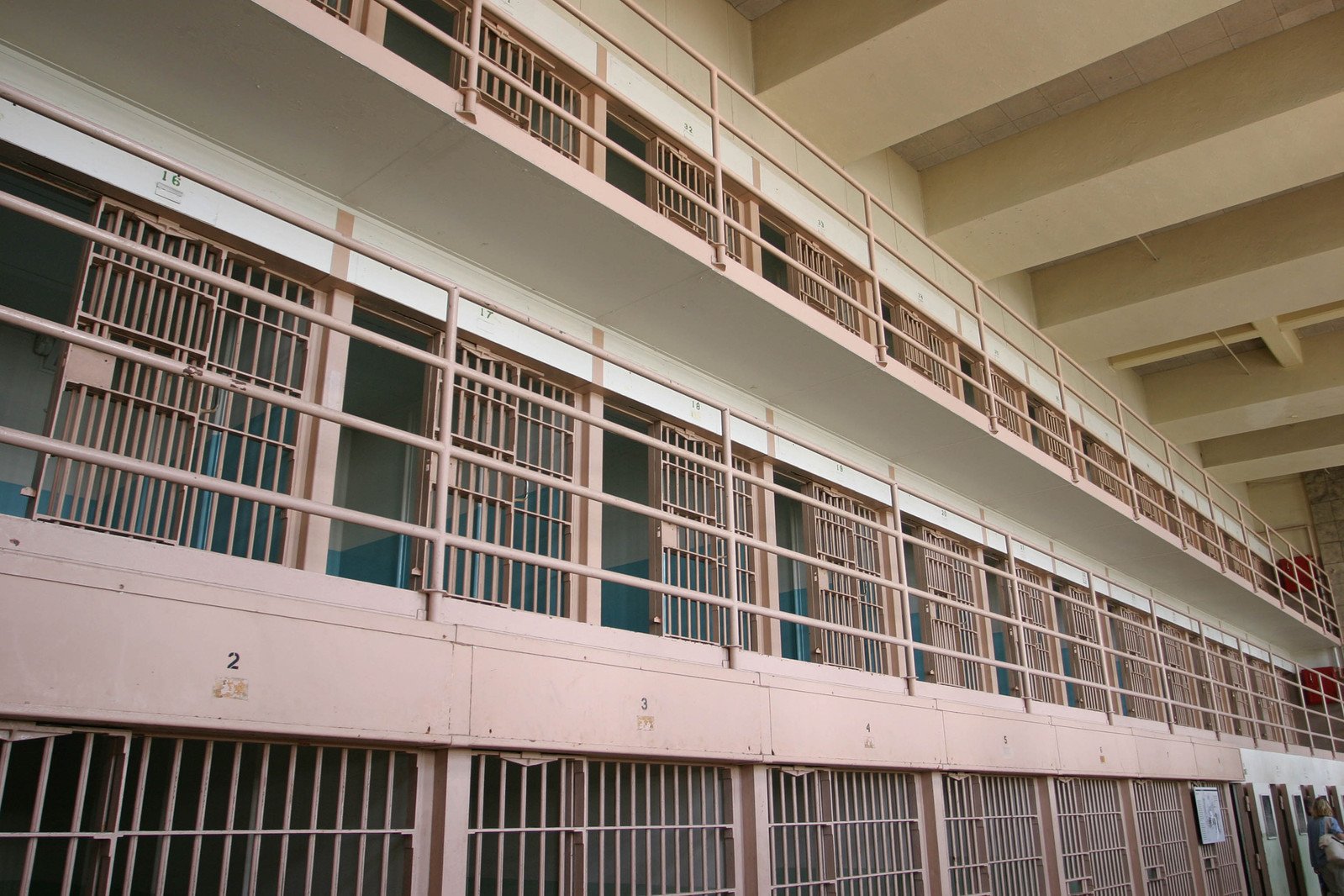

THE weekend was spent writing several more parts of Battistelli's Club Med at the EPO and some USPTO news, which we'll revisit in a moment. The EPO has generally been rather quiet, but this morning it published this tweet and "news" (epo.org link) to say about DG3:
Next week, the EPO Boards of Appeal will start work at their new location in Haar, Munich. The move from the EPO's Isar headquarters to a separate building is part of a comprehensive set of reforms adopted by the organisation's Administrative Council in June 2016 to strengthen the perception of independence and efficiency of the Boards.
The European Patent Office has recently issued their guidance notes regarding obtaining, maintaining and managing Unitary Patents (UPs). Spanning to 40 pages, inevitably considerable detail is given. Some practical aspects of this note are discussed below.
[...]
Changes in the structure of the EPO
Litigation is always a last resort, and any means to come to an out of court settlement is preferable to a long and tedious legal battle. I understand thus the reason for such a request.
If it is true that according to Council Regulation (EC) No 44/2001 there is no exclusive jurisdiction for patent infringement cases, then why do we need a UPC?
As far as validity is concerned, it could be decided by the EPO, provided the opposition period would not be limited to 9 months post grant. As the proprietor may limit its patent during the whole life of it, why should third parties bothered by a patent be limited to a relatively short period?
This arrangement would also avoid any clash between decisions on validity between the UPC and the Boards of appeal of the EPO. This is to me one of the potential drawbacks of the UPC.
the UPC will not be the only court dealing with infringement/validity in Europe. The EPC has more member states than the UPC, and their courts should not be belittled. There is no mechanism to resolve such conflicts, and claiming like Mr Arnold at the UPC conference in July in Munich, that the UPC will be the leading court in Europe is quite daring. The UPC will not be the only court dealing with infringement/validity in Europe as the EPC has more member states than the UPC, and their courts should not be belittled.
In Milan the parties and the case were not the same, so there was no res judicata. But deep down the problems were the same as in the UK.
If the applicant had made an effort in fighting for a mere general claim, then we would not have ended in the present situation. I can agree that a more general claim would probably have been possible, not as broad as originally, but limited to permetrexed ions and with at least one or two different examples, or the proof that it works for other ones than the one specifically disclosed.
Attentive, you ask why the EPO cannot do the validity side of the litigation.
Of course it can. The Dutch courts used to ask the EPO for an opinion on validity.
The problem is though, that judges think they can do it better. In particular, they think they do obviousness properly. The "no nonsense" Problem/Solution Approach by DG3 is not for them. They like lots of nonsense.
And then there's bifurcation. Can't have one forum construing the claim for validity and another for infringement, can we now? Or perhaps we can, eh?
And then there's the independence issue. Never used to be a problem. But then the EPO President went on a crusade to shut down DG3 and, suddenly, it seems that DG3 is no longer independent.
What irony, when you imagine that Le President's shut-down of DG3 was all done in order to give the UPC in Paris a flying start.
I have a question for the kind commenter who told me (above) over the weekend that a claim to pemetrexed would have got past not only the EPO but also the national courts, and should have been put forward and driven home by the Lilly attorney prosecuting the application at the EPO.
BUT: When prosecuting at the EPO, it can be seen as risky indeed, to put forward the claim you want, and then see it rejected, first by the ED and then by DG3. I often suggest to clients that to try for their wished-for amendment, and fail, might be worse (when it comes to acting against infringers) than not to have tried at all. In particular, the scope of "infringement by equivalent" is often likely to be broader with a clean EPO prosecution record, than one in which Applicant tried and failed to get the claim that matters.
Perhaps cases like this will help Big Corp to realise that, in a First to File world, it makes sense to invest in quality drafting.
Meanwhile, this litigation demonstrates (yet again) how much easier everything is, with the benefit of hindsight.